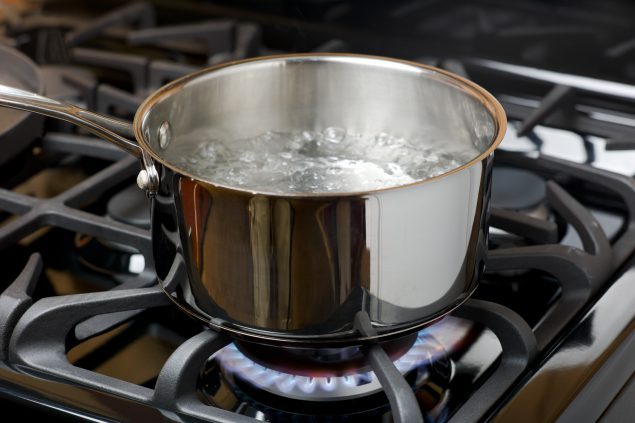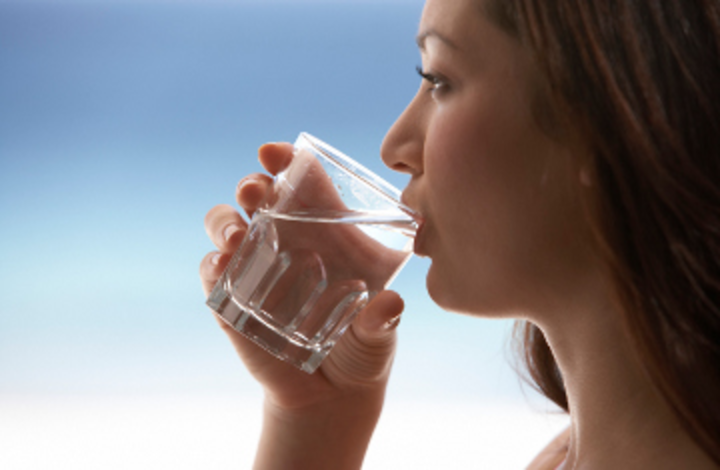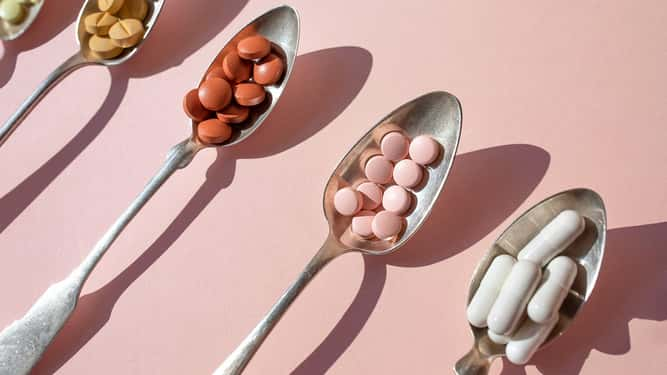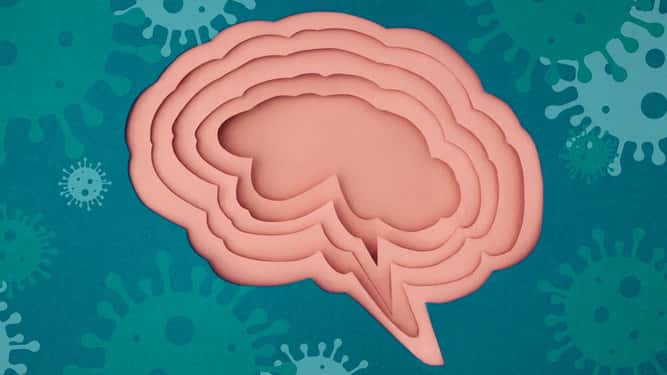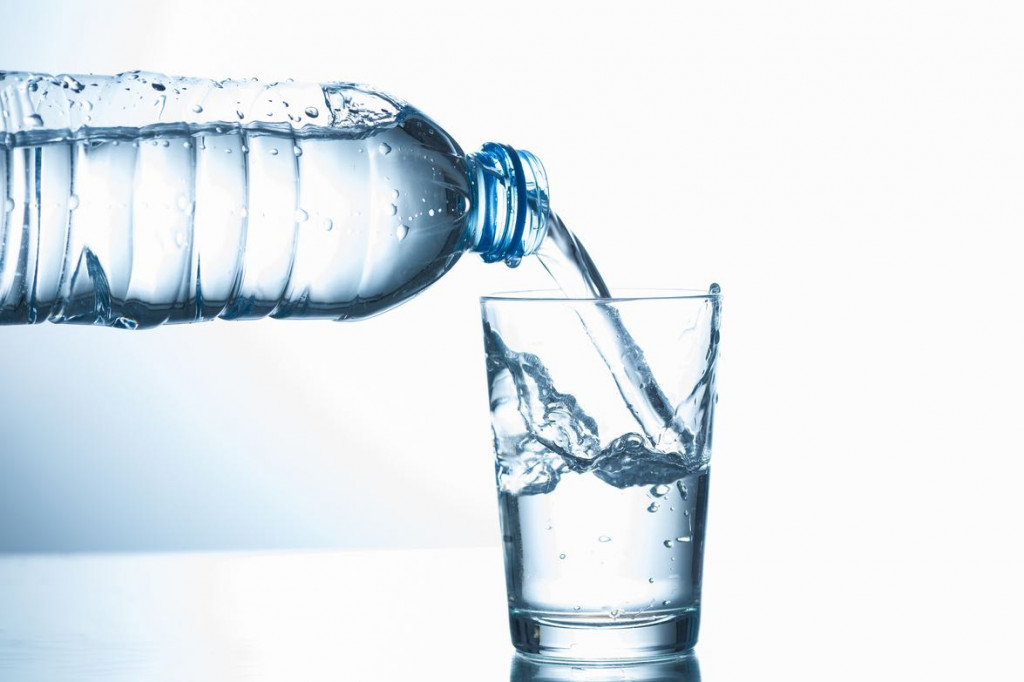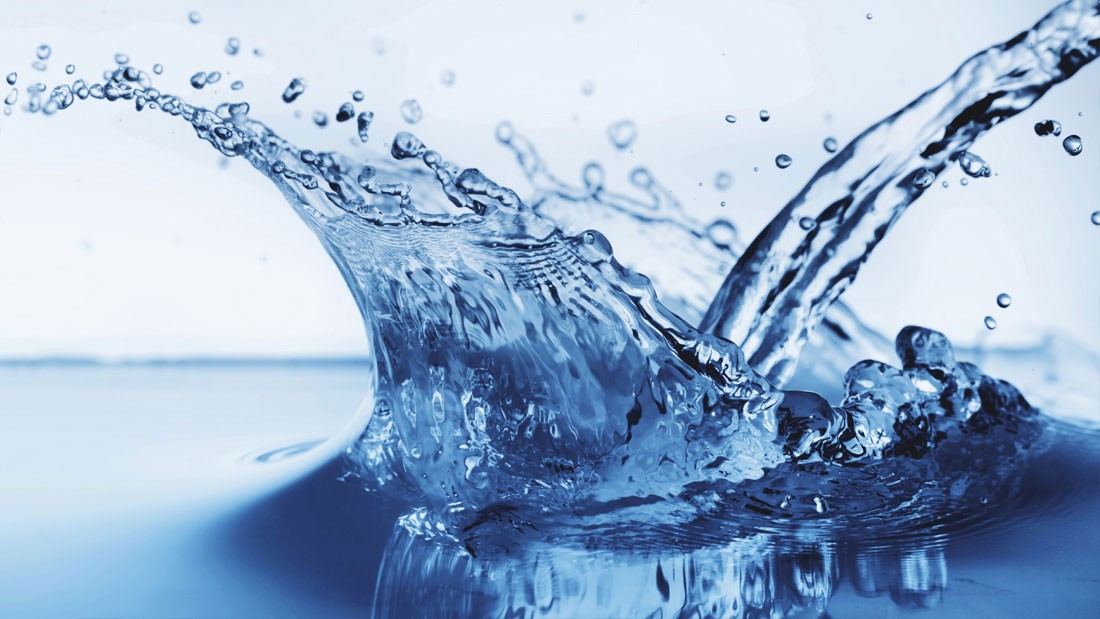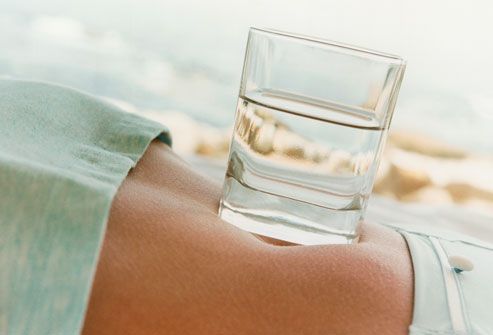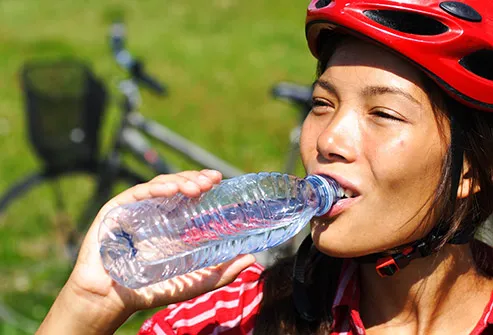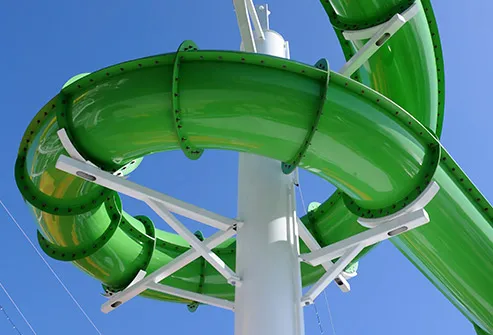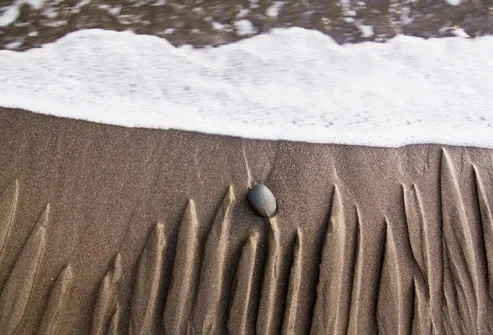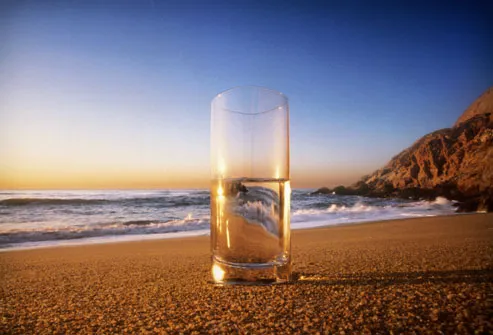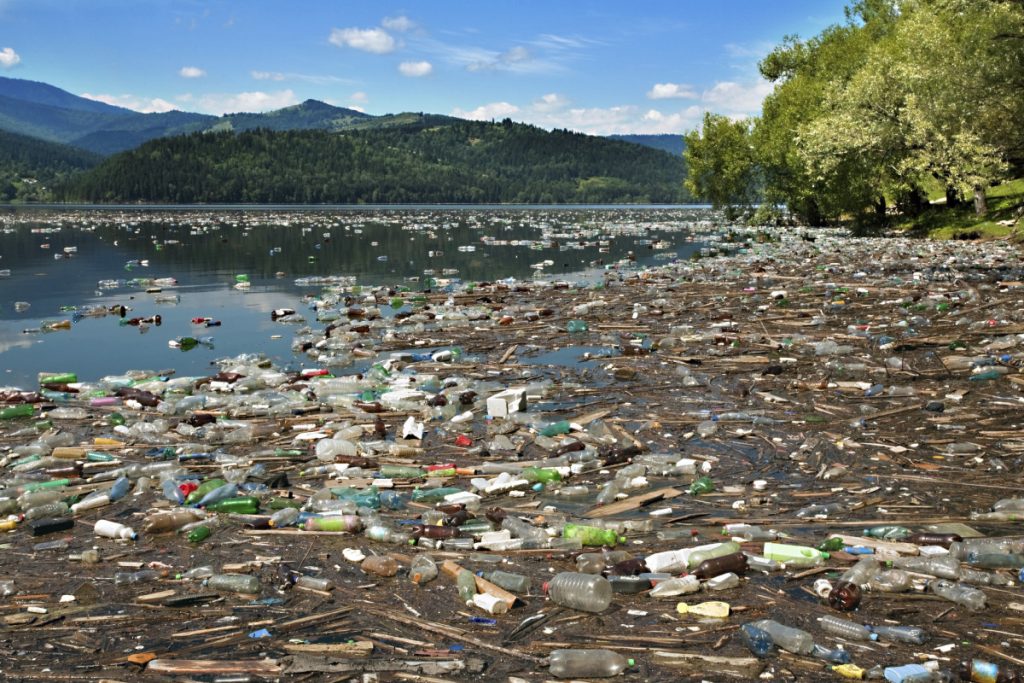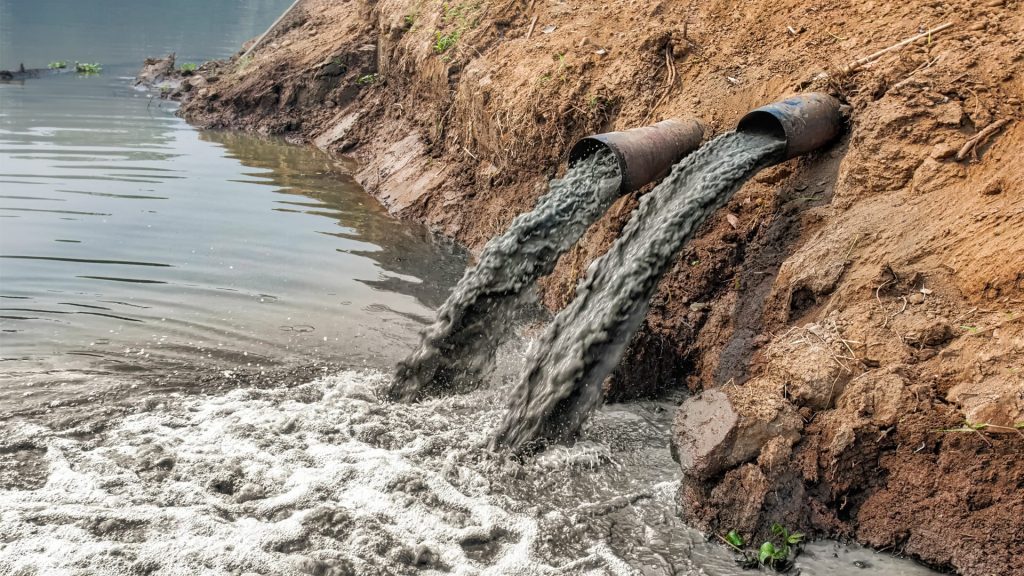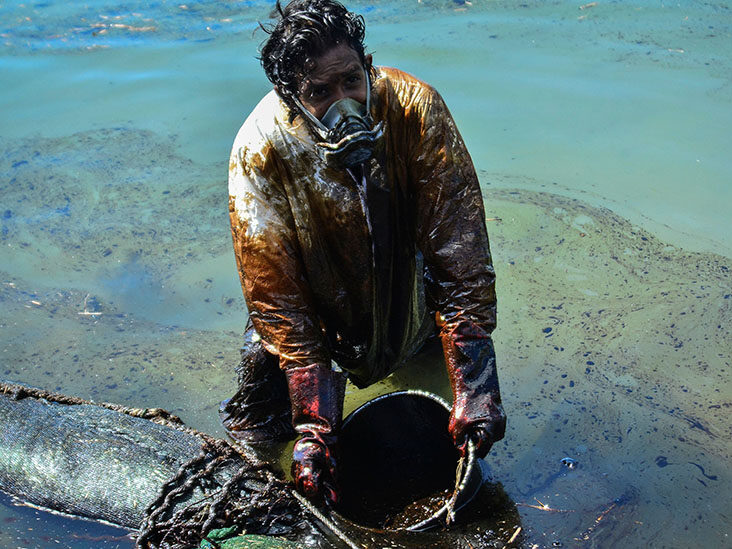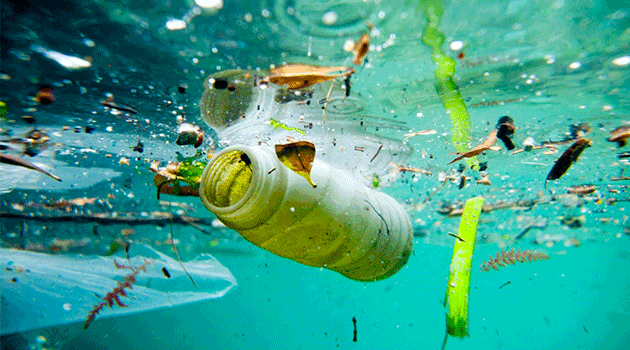What Temperature Does Water Boil At? Boiling Point & Elevation

Water always boils at 100˚C, right? Wrong! Though it’s one of the basic facts you probably learnt pretty early on back in school science lessons, your elevation relative to sea level can affect the temperature at which water boils, due to differences in air pressure. Here, we take a look at the boiling points of water at a variety of locations, as well as the detailed reasons for the variances.
From the highest land point above sea level, Mount Everest, to the lowest, the Dead Sea, water’s boiling point can vary from just below 70 ˚C to over 101 ˚C. The reason for this variation comes down to the differences in atmospheric pressure at different elevations.
Atmospheric pressure the pressure exerted by the weight of the Earth’s atmosphere, which at sea level is simply defined as 1 atmosphere, or 101,325 pascals. Even at the same level, there are natural fluctuations in air pressure; regions of high and low pressure are commonly shown as parts of weather forecast, but these variances are slight compared to the changes as we go higher up into the atmosphere. As your elevation (height above sea level) increases, the weight of the atmosphere above you decreases (since you’re now above some of it), and so pressure also decreases.
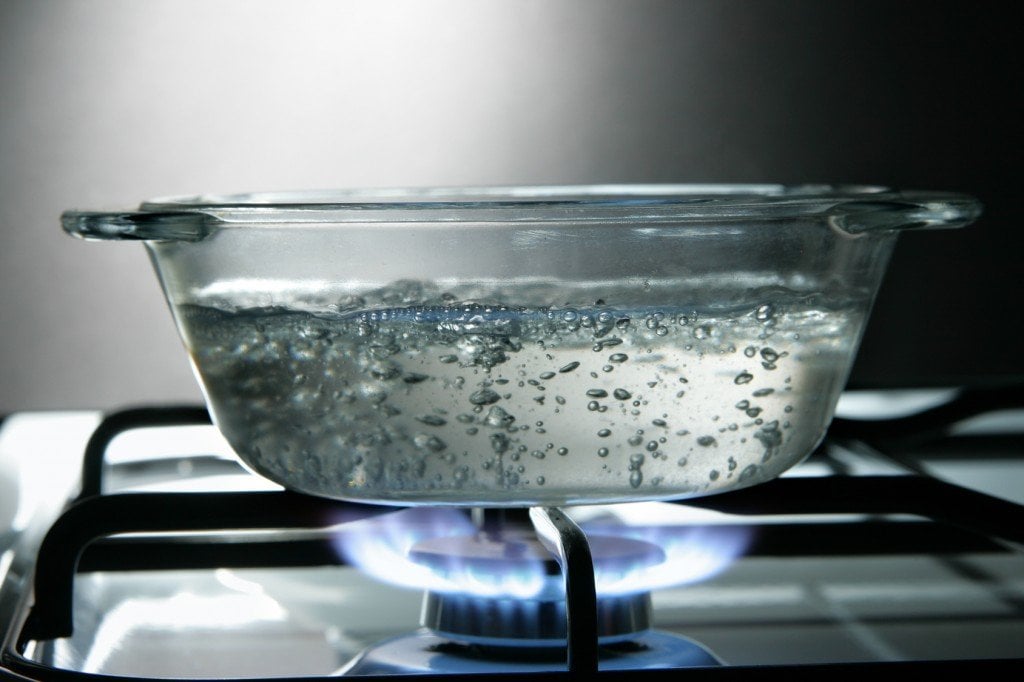
In order to understand how this affects water’s boiling point, we first need to understand what’s going on when water boils. For that, we’ll need to talk about something called ‘vapour pressure’. This can be thought of as the tendency of molecules in a liquid to escape into the gas phase above the liquid. Vapour pressure increases with increasing temperature, as molecules move faster, and more of them have the energy to escape the liquid. When the vapour pressure reaches an equivalent value to the surrounding air pressure, the liquid will boil.
At sea level, vapour pressure is equal to the atmospheric pressure at 100 ˚C, and so this is the temperature at which water boils. As we move higher into the atmosphere and the atmospheric pressure drops, so too does the amount of vapour pressure required for a liquid to boil. Due to this, the temperature required to reach the necessary vapour becomes lower and lower as we get higher above sea level, and the liquid will therefore boil at a lower temperature.
This is, of course, a fact that’s true for all liquids, not just water. And it’s also not just atmospheric pressure that can affect water’s boiling point. Most of us are probably aware that adding salt to water during cooking increases water’s boiling point, and this is also related to vapour pressure. In fact, adding any solute to water will increase the boiling temperature, as it reduces the vapour pressure, meaning a slightly higher temperature is required in order for the vapour pressure to become equal to atmospheric pressure and boil the water.
Another factor that can affect the boiling temperature of water is the material that the vessel it’s being boiled in is made of. Experiments have shown that, at the same pressure, water will boil at different temperatures in metal and glass vessels. It’s theorised that this is because water boils at a higher temperature in vessels which its molecules adhere to more strongly – there’s much more detail on this phenomenon here.

So, water’s boiling point is anything but absolute, and it can be affected by a whole range of factors. Useful information if you ever find yourself wanting to make a cup of tea on Everest – the lower boiling point would mean the cup you end up with is rather weak and unpleasant!
